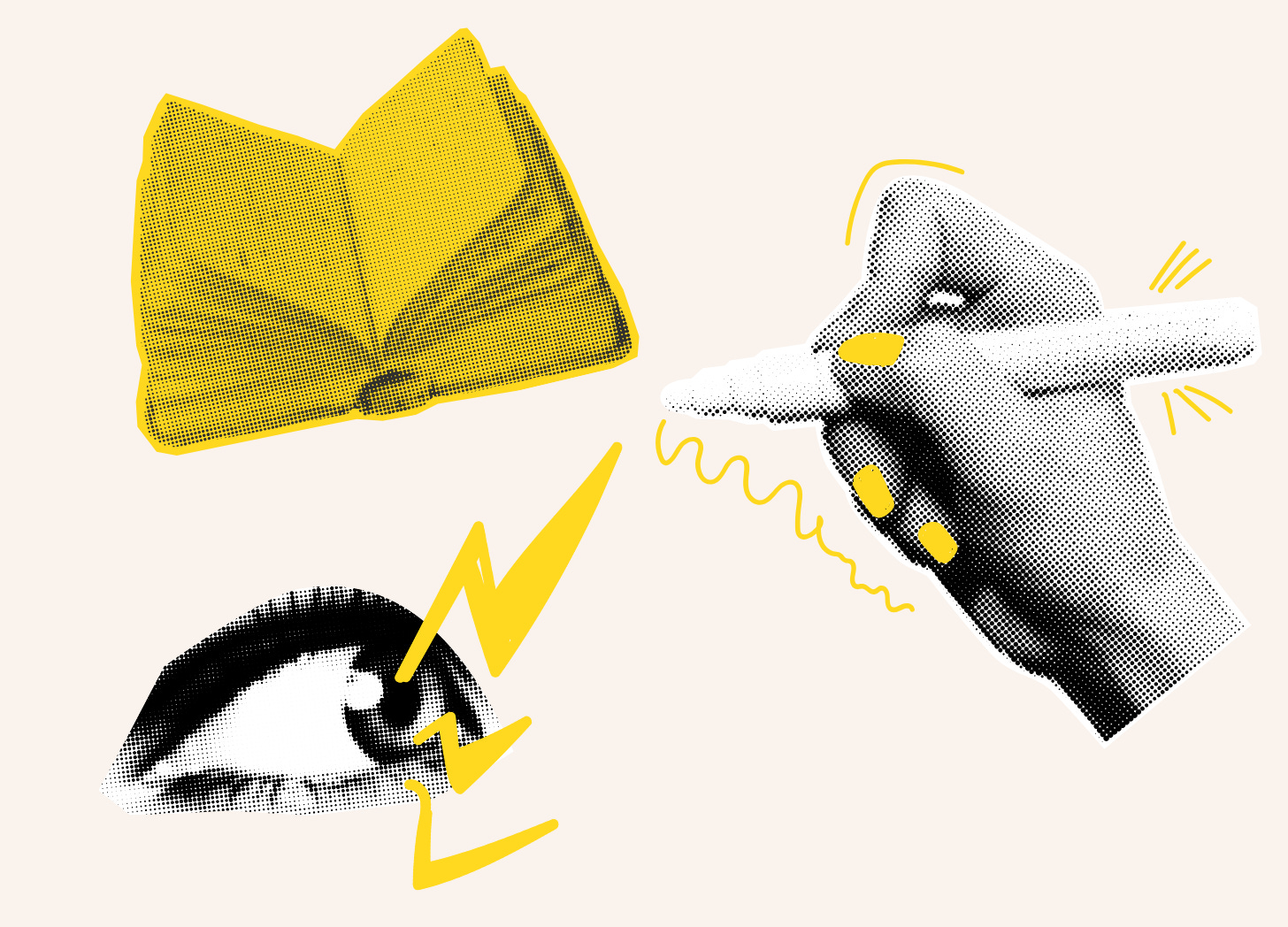And Still I Write
A few highlights from what I've published this summer
Summers in Texas prisons are notoriously and dangerously hot; I’ve written extensively about my own experience being “cooked in custody” in facilities that lack air conditioning. And I’ve drawn attention to how incarcerated people are routinely and consistently neglected amidst rising temperatures, climate change, and disaster, resulting in preventable deaths.
Despite these conditions, I have remained busy writing and publishing on a range of topics this summer. Because all I have is my voice, and I am intent on using it to advocate for myself and my fellow incarcerated kin.
June was LGBTQ+ Pride month, a commemoration born from the 1969 Stonewall uprising in response to police raids and brutality against queer and trans people. This uprising was part of a long continuum of LGBTQ+ resistance and oppression.
In Beyond The Rainbow: Remembering Our Most Forgotten (Solitary Watch), I write about the critical importance of remembering the revolutionary roots of Pride and fighting in support of incarcerated LGBTQ+ people, who the state routinely abuses based on their sexuality and gender non-conformity. As I write in the piece:
The moment we accept that some members of our community are expendable —that their suffering is the price of our mainstream acceptance — we abandon the revolutionary spirit that birthed PRIDE itself. Our liberation has always been interconnected; we cannot celebrate progress while our most vulnerable community members disappear into concrete tombs. This PRIDE month, as you march in parades and attend corporate-sponsored events, remember Jack’s forced submission, Gates’s violation, and the countless others whose struggle is inextricably linked to yours. Because as long as cages exist, none of us are free.
Love Behind Bars: The Criminalization of LGBTQ+ Intimacy in Texas (Real Hood Square) is a piece in which I write more on specific instances of prison staff abusing and harassing my queer kin because of their sexuality and/or gender expression. In so many ways, the state’s treatment of LGBTQ+ people inside of prisons is the canary in the coal mine for how these communities are and will be treated on the outside.
These walls don’t just hold us in; they’re designed to break us down. In a state that’s flooding its legislature with anti-LGBTQ+ bills, we’re the perfect testing ground for their cruelest experiments. Where else can they practice their hatred with no oversight, no consequences? We’re already criminals in their eyes — what’s one more mark against us?
This month (July) for The Marshall Project, I continued writing about the invisibilization of incarcerated people within American society. Following in the tradition of Frederick Douglass’ speech on the paradox and contradictions of the Fourth of July in a nation built on genocide and enslavement, I am one of several folks across the country asking, What, to the American Incarcerated Person, Is Your Fourth of July?
Your Fourth of July celebration is our mockery. Your freedom song is our funeral dirge. While you wave flags and speak of liberty, we Texas prisoners labor under armed guards in scorching fields, our hands bleeding as we pick the same cotton our ancestors did. The overseers have traded whips for shotguns, but the cruelty remains.
And as a Black woman behind these walls, I have the same protection against sexual abuse that my enslaved great-grandmother did: little to none. After all, the Trump administration recently terminated all funding for the National Prison Rape Elimination Act Resource Center, painting targets on our backs for predators in uniforms. With insufficient — and in some facilities, zero — mandatory documentation for in-custody pregnancies or assaults, the message is clear: It’s open season on incarcerated women.
Despite these abuses and lack of protection, I and other incarcerated people find ways to speak out, organize, and envision better for ourselves and the world at-large.
In my article From Cell to Screenplay: Finding My Voice Behind Bars (Film Comment), I speak a bit on what screenwriting has offered me, as well as the challenges of teaching myself the discipline while incarcerated.
Despite the extreme obstacles of writing by hand (and then pecking it out on a typewriter) without access to screenwriting software, navigating complex formatting rules without examples, developing cultural references without experiencing culture, and creating without feedback — I persist. The power of storytelling rests upon its ability to motivate change through empathy. If we truly want to transform how marginalized people in cages are portrayed, incarcerated folks must be at the forefront, amplifying their own experiences — especially now, when we are all living in a government-sanctioned and hyperpolarized environment of “us versus them.”
And in Apogee Journal, my comrade Demetrius “Meech” Buckley — who’s incarcerated in my home state, Michigan — and I connect despite the barriers the prison system creates. We discuss my journey as a writer, mainstream media as the carceral state cultural minister, my experiences as an incarcerated parent, and more. I conclude the interview offering advice especially for incarcerated Black men:
The solution is to self-educate on topics like toxic masculinity, patriarchy, capitalism and healthy relationships — priceless. But it's essential to approach these topics with understanding of how they intersect with race and America's history (addiction) of controlling Black bodies and minds.
My brother, when you help others navigate these mandatory programs, the key is teaching to understand the required material while maintaining critical awareness of its limitations and biases.
Remember: Our people perish for lack of knowledge.
Lastly, remember the system wants you to believe your incarceration proves your unworthiness. Reject that, your worth is inherent, not earned through "good behavior" or program completion.
Thank you for your continued readership!


